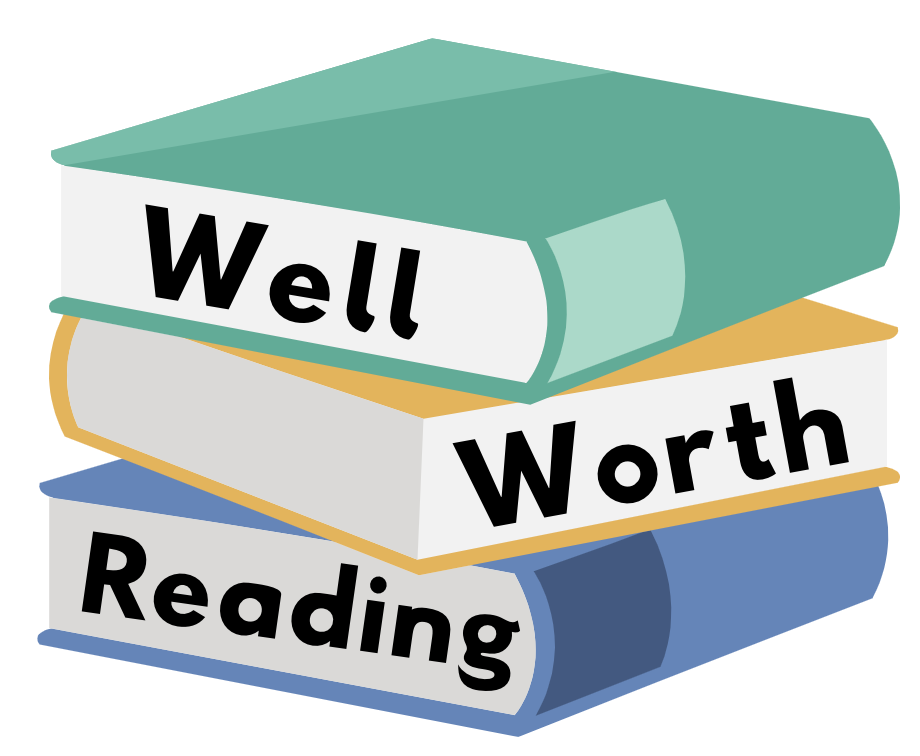
Nuclear Parliamentary Briefing in Canberra
Last Wednesday, nuclear advocate and 2023 Miss America Grace Stanke, alongside a team of esteemed experts, delivered a crucial parliamentary briefing in Canberra. The expert panel included Dr. Adi Paterson, Dr. Robert Barr AM, Kirsty Braybon, Lenka Kollar, and Robert Parker. This event was designed to provide Australian lawmakers with evidence-based insights into nuclear energy and its potential role in Australia’s energy future.
All members and senators were invited to attend this critical briefing. Encouragingly, a diverse range of politicians and advisors from various parties took the opportunity to hear directly from experts. However, it is deeply concerning that despite months of advance notice, neither Prime Minister Anthony Albanese nor Energy Minister Chris Bowen attended or even arranged a private meeting with our experts. Their absence raises serious questions about their willingness to engage in informed discussions on energy policy, particularly on an issue as pivotal as nuclear power.
Before the parliamentary briefing, Grace Stanke and the expert panel addressed the Canberra press gallery in a major media conference. The event was well-covered by national press and media, highlighting the importance of nuclear energy discussions in Australia’s current energy debate. However, the conference was interrupted by Senator Lidia Thorpe, who vocally opposed nuclear power, falsely claiming it would “poison us all.” Her statement contradicts established scientific data, which shows that radiation exposure for those living near nuclear plants is negligible—often lower than the radiation from consuming a single banana.
Grace Stanke, who has a degree in nuclear engineering from the University of Wisconsin-Madison, provided clear, scientifically backed insights into the safety, efficiency, and viability of nuclear energy. As a passionate advocate, she has worked to dispel misinformation and highlight the role of nuclear power in delivering clean, reliable energy worldwide. During the briefing, she detailed how modern reactor designs and waste management solutions make nuclear power one of the safest energy sources available. She also emphasized how other nations, including Canada, the United Kingdom, and France, have successfully integrated nuclear energy into their grids to achieve low-emission, stable electricity supply.
Dr. Adi Paterson, former CEO of ANSTO, reinforced this message by explaining Australia’s existing nuclear capabilities, particularly in medical isotopes, and how this expertise could be leveraged for energy production. Dr. Robert Barr AM, a distinguished engineer, provided technical insights into the feasibility of nuclear power in Australia’s unique energy landscape, while Kirsty Braybon and Lenka Kollar outlined policy frameworks and industry trends shaping nuclear energy worldwide.
The briefing underscored a growing frustration among industry experts and energy professionals regarding the Albanese government’s rigid opposition to nuclear energy. While other nations embrace nuclear to achieve net-zero goals, Australia remains locked in a political stalemate, largely due to ideological resistance rather than scientific reasoning. The absence of key decision-makers at this important briefing only reinforces the perception that the government is unwilling to consider all available options for securing Australia’s energy future.
With energy security and emissions reduction at the forefront of policy discussions, it is imperative that all avenues, including nuclear power, be given due consideration. The refusal of the Prime Minister and Energy Minister to engage with experts does a disservice to the Australian public, who deserve informed and balanced energy policies based on science rather than political dogma.
As discussions on nuclear energy continue to gain momentum, the question remains: will Australia’s leaders step up and engage in evidence-based policymaking, or will they continue to ignore expert advice at the nation’s expense?




I will vote for nuclear power at the next federal election.